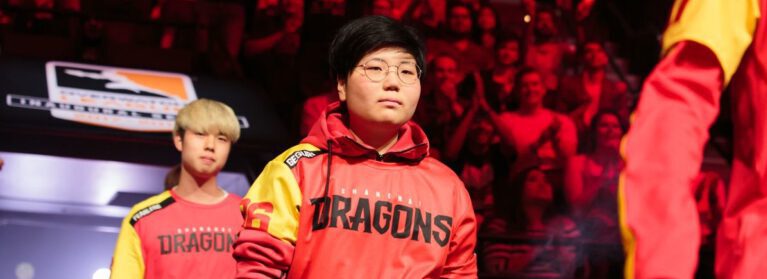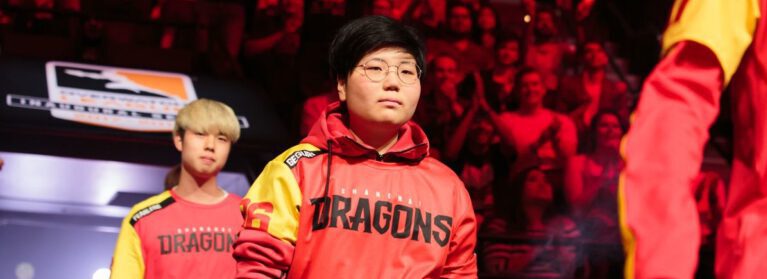
In theory, the esports industry shouldn’t really struggle with equality. One’s skin color, gender, and background don’t directly influence talent or skill at a game, after all. The reality is different. Not only is the entire industry almost exclusively male, but there is also some extremely strong racial and national bias.
Overwatch is an excellent example of the reality of this. The Overwatch League – one of the most-watched esports leagues in the world – is anything but “equal” when it comes to its participants. Diversity in the Overwatch League leaves much to be desired. Looking at the second season, 186 players were registered to participate in the tournaments.
Damning numbers
Of those, 57% were from South Korea – a total of 106 players. Only two teams (of the 20 participating) had no Korean players at all, and 5 consisted of entirely Korean players, even though only one team was based in Korea.
Of course, that isn’t the only aspect of diversity there is. Of the 186 players in the Overwatch League, only one was female. In fact, throughout the first three seasons, Se-yeon “Geguri” Kim was the only female player to take part in the OWL.
Similarly, there has only ever been one openly LGBTQ player in the league – Austin “Muma” Wilmot. Even if a pool of 186 doesn’t seem that large, those statistics show anything but a picture of diversity – not without reason. Within the Overwatch community, there is a long-standing tradition of toxicity, misogyny, sexism and racism.
A hostile environment
Activision-Blizzard has done everything in its power to improve the community, going so far as to implement an endorsement system that allows players to praise pleasant or nice teammates (and enemies) after a match together. Despite this, the negative attitude still runs rampant, and even a fair few OWL players have been involved in controversies or scandals.
Geguri was involved in one such scandal – she was wrongfully accused of cheating. After clearing her name, several of her accusers formally quit the Overwatch League completely. Yet, others were involved in similar scandals – player Felix “xQc” Lengyel was suspended and fined for using homophobic slurs during one of his streams two years ago. Problems like these aren’t exclusive to Overwatch, of course – toxic communities are sadly still a dime a dozen in the esports world. While homophobia and toxicity have become less acceptable in general, sexism is still fairly common and punished far less harshly.
The future?
Incidents in-game are often laughed off instead of being taken seriously, even though they contribute to the overall inequality in the Overwatch and esports community. The problem extends outside of the Overwatch community, and outside of esports as well – even among casual and professional streamers, this sort of mindset is a real problem, and it actively affects the careers of talented players.
The highest-paid female esports pro - Sasha “Scarlett” Hostyn, a StarCraft 2 player and member of the LGBTQ community – is the only woman to have even cracked the top 500 list of highest-earning esports pros in the world. Not many female players have managed to successfully compete at high levels, and in many cases, they are still actively discouraged from even trying.
Late last year, Xiaomeng “VKLiooon” Li became the first woman to win a Hearthstone Grandmasters event, and the first to win at a BlizzCon event at the same time. In an interview after her win, she spoke about an encounter she had some years prior:
"[… I was competing in a huge tournament, I was waiting in line for backup sign-ups, and there was this guy telling me that if you're a girl, you shouldn't wait in in line here — it's not for you. […] So I want to say to all the girls out there who have a dream for esports, for competition, for glory, if you want to do it and you believe in yourself, you should just forget your gender and go for it."
While diversity in the Overwatch League, as well as esports in general, still leaves a lot to be desired, role-models like VKLiooon, Geguri and Scarlett are slowly paving the way in the right direction for female esports pros. There is a fair bit of support for them from organizers and publishers as well now. However, when it comes to other aspects of diversity, such as nationality, esports still has a long way to go.
There is little if any encouragement for players from some regions in the world to participate in esports – Africa and the Middle East, for example. If the esports industry as a whole wants to reach its full potential, that too will need to improve. A more diverse playing field would benefit more than just the Overwatch League.






























